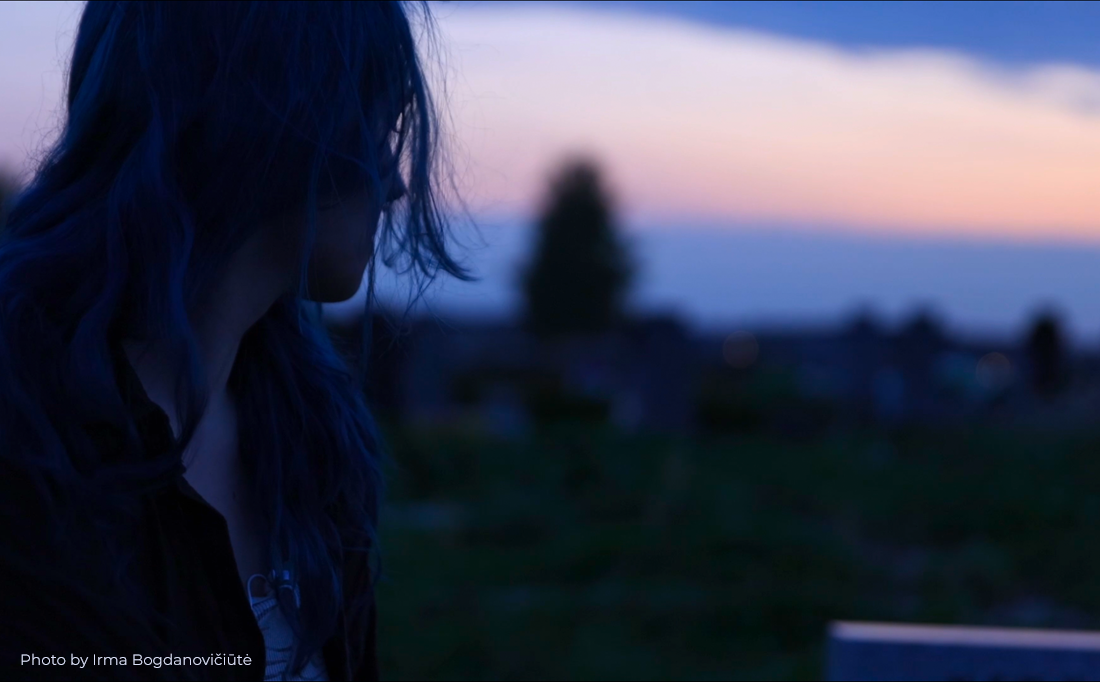“Other People” is a year-long international journalistic investigation by Lithuanian journalist and documentary filmmaker Irma Bogdanovičiūtė and Latvian journalist Marija Kugel. The project investigates migration at the Belarus-EU border.
Irregular migration in both countries is seen exclusively through the prism of national security. Both countries have passed laws legalising pushbacks of migrants at the border with Belarus. By carrying out pushbacks at the border, Lithuania and Latvia are violating the Geneva Convention, the European Convention on Human Rights and the Charter of Fundamental Rights of the European Union.
Since 2021, the Belarusian regime has been using the migrants as a means of applying pressure on EU countries in response to sanctions. The dictatorial regime has diverted the flow of migrants towards the borders of Lithuania, Latvia and Poland, and officials are literally pushing people towards the EU border using violence and weapons.
Meanwhile, EU countries are pursuing a policy of pushbacks. Migrants who are forced to cross from both sides of the border remain in the territory between the two countries for a few days to few weeks and, in the most extreme cases, up to seven months.
When the investigation started, the media reported the deaths of two migrants in Lithuania and one in Latvia, but humanitarian aid and monitoring groups in Lithuania give a different figure of 117 missing in Lithuania (as of April 2024). Volunteers have been searching for 14 of the missing for a long time, finding two dead in Latvia and one in Belarus. The figures provided by Latvian monitors are eight dead (as of April 2024).
“Other People”, an independent journalistic investigation, exposes a dire human rights picture on the Belarusian border and the EU’s failure to prevent the misery, focusing on disappearances and deaths and the circumstances surrounding them.
The investigation is based on numerous testimonies of migrants, reports and testimonies of international humanitarian and medical organisations, as well as photo, video and audio material and comments from state institutions and international law experts.
The project suggests that confirmed statistics on migrant deaths at the Lithuanian-Latvian border are just the tip of the iceberg. Pushbacks are carried out by Lithuanian and Latvian border guards against vulnerable groups, including families with children, the elderly and people with health issues, and against those whose asylum applications are largely successful (Iraqis, Syrians, Yazidis and others).
It shows that authorities use violent measures against migrants in both Lithuania and Latvia, from electric shocks to beatings and torture. People at the border live in extremely difficult conditions — they lack water, food and medicine. Poisoning, exhaustion, dehydration, exacerbation of pre-existing illnesses, and frostbite resulting in amputation and disability are common.
The Lithuanian and Latvian authorities do not provide information on the number of migrants killed or missing at the border. An important finding of the investigation is that some of the people interviewed who crossed the EU border were lured into it by people smugglers who did not disclose their plans to the migrants until the very last moment.
The investigation also showed that statistics on migrants at the EU border between autumn 2021 and spring 2022 were misleading. In Latvia, the number of people officially reported by border officials at the time was 6,000, but a scientific study carried out at the time showed that the number of migrants in reality was around 250 people.


